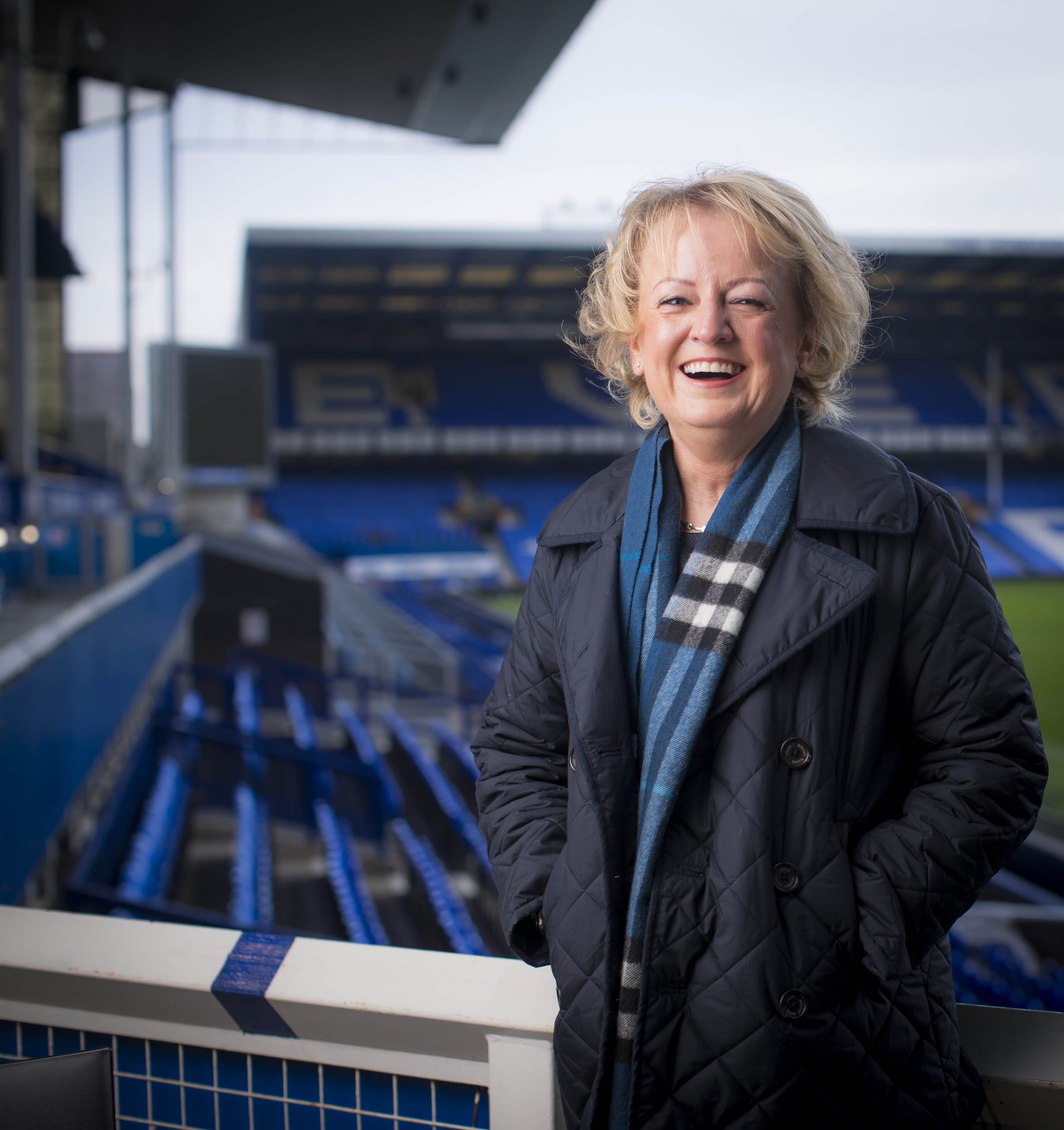The world of elite professional football can, at times, seem far removed from ordinary, everyday walks of life. But football is all about people, from the grassroots, the fans and the volunteers, to the players on the pitch. Everton Football Club is known as ‘The People’s Club’ and in this exclusive, behind the scenes interview, we find out about the team behind the team.







